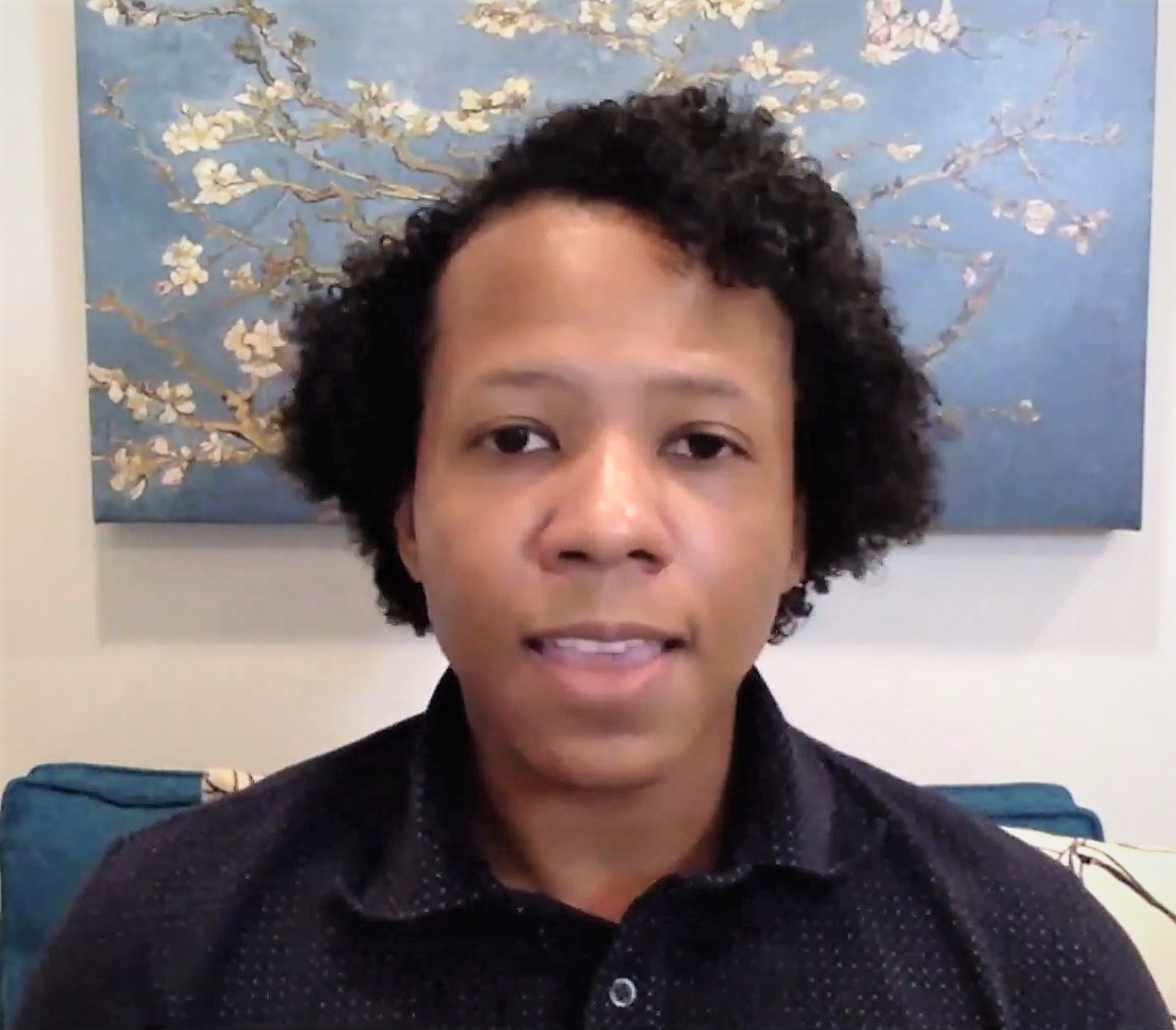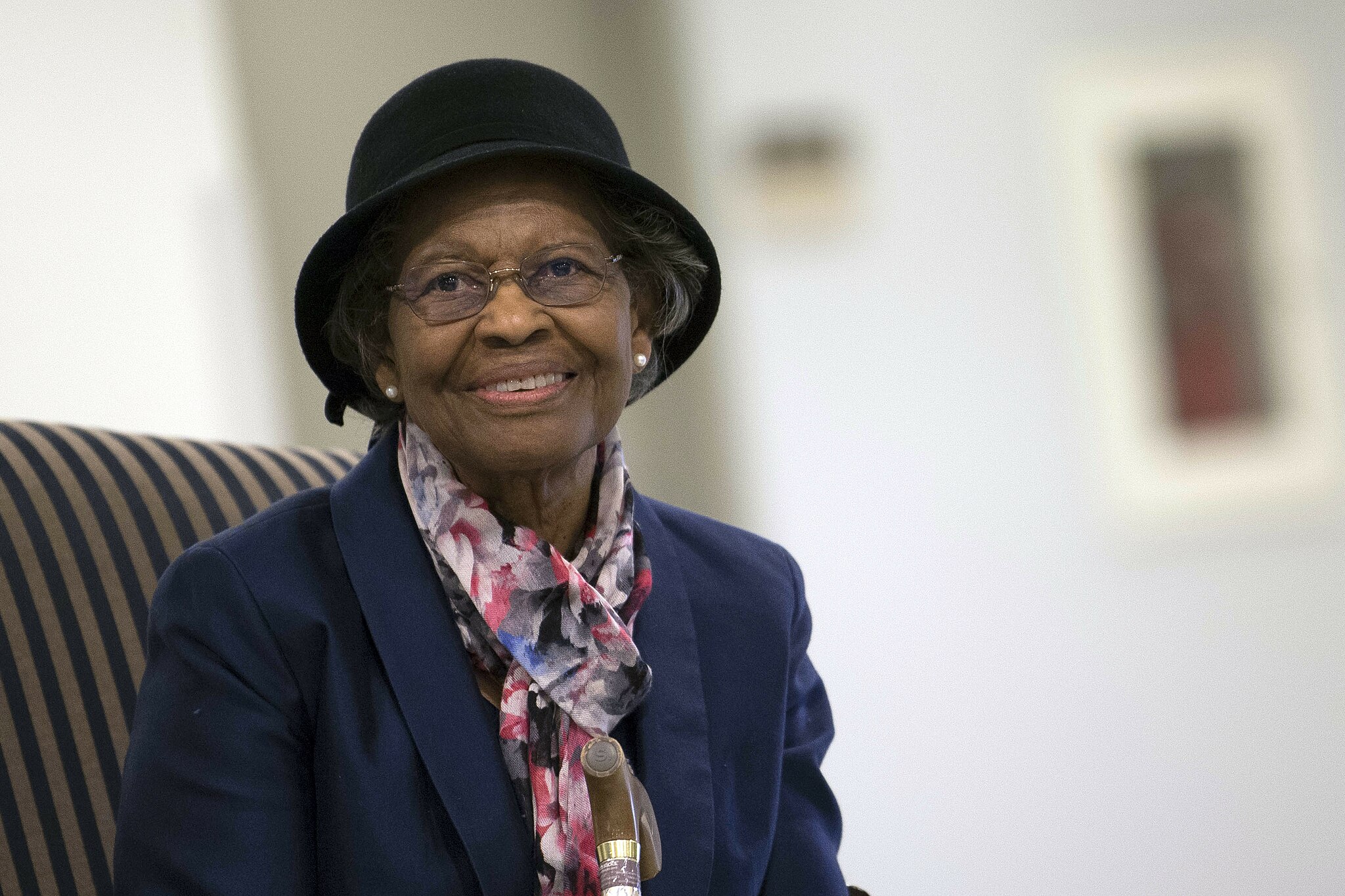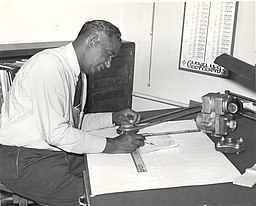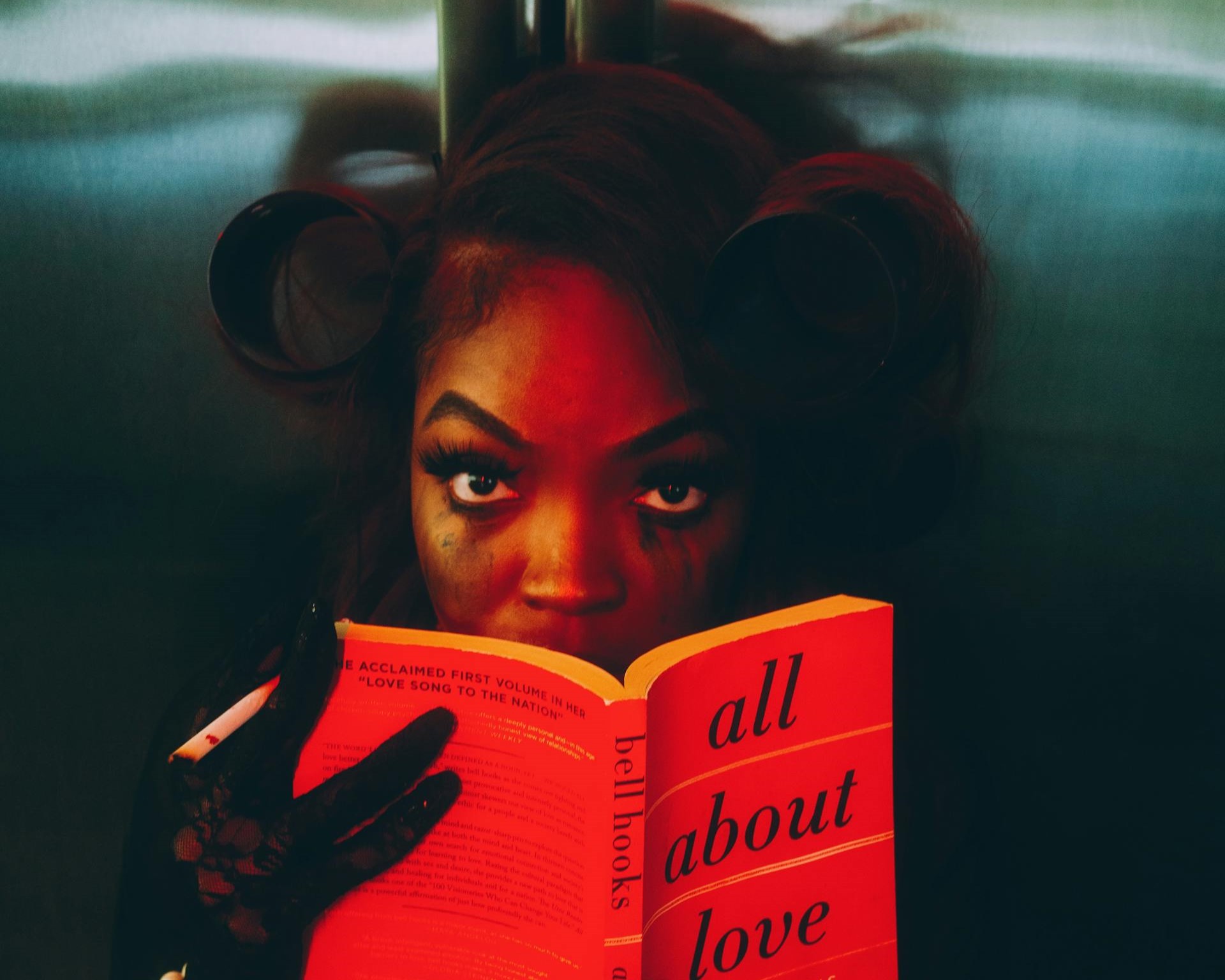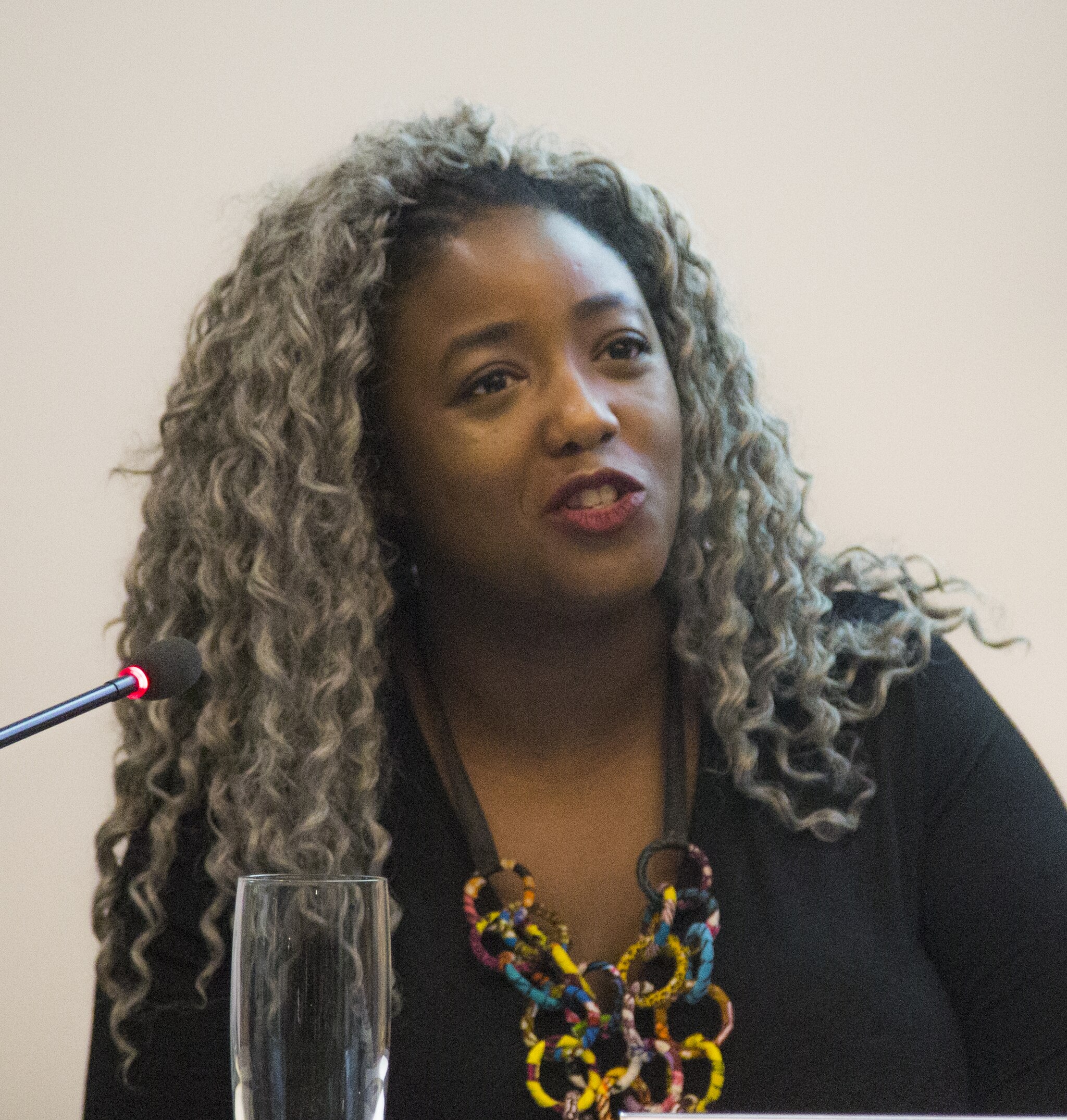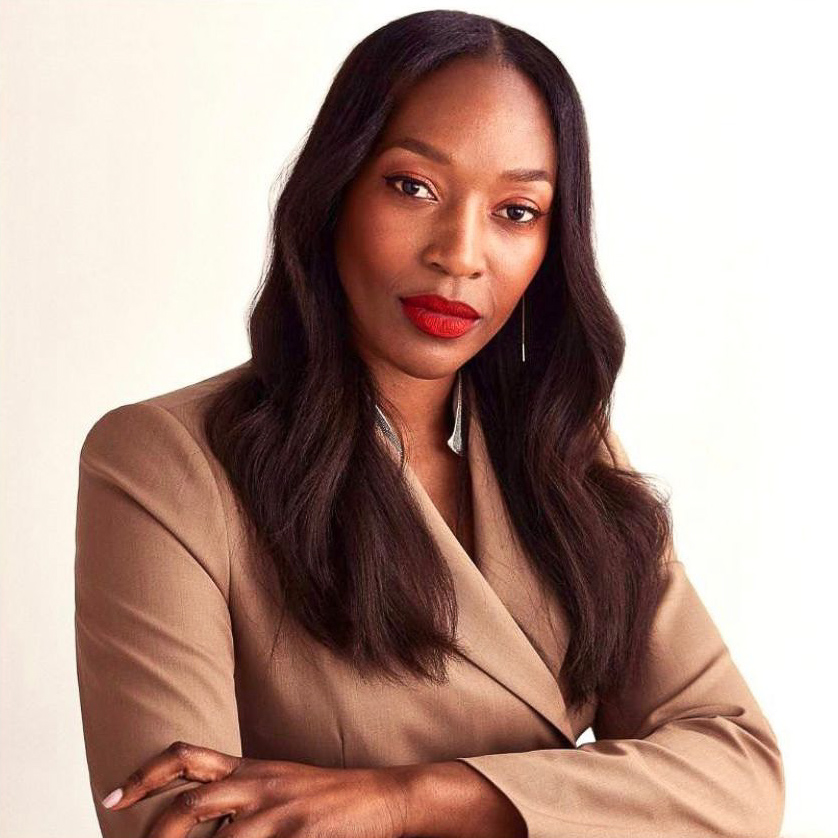Having reached the top of their respective professions, Black women are reaching back down to help up their sisters, creating opportunities where none existed before. The availability of cash is the single most heavily limiting factor for almost every business and venture capitalists have historically been extremely reticent about lending capital to Black people and business women, let alone Black businesswomen. Happily, Black women are now stepping in to fill the gap and provide seed funding for Black-owned SMEs, as well as creating platforms to support networking between Black businesspeople and connecting venture capitalists with business founders. Others are supporting their communities by setting up community interest companies that enrich and develop people from disadvantaged backgrounds, encouraging them to succeed and thrive.

